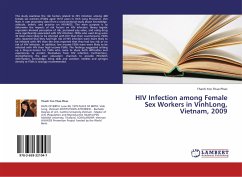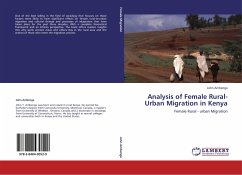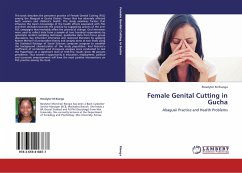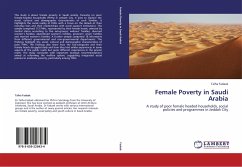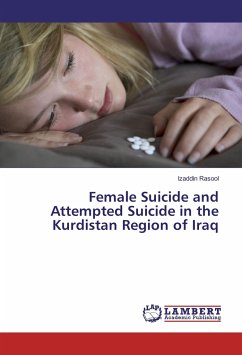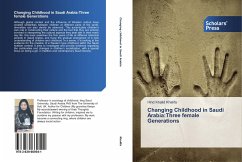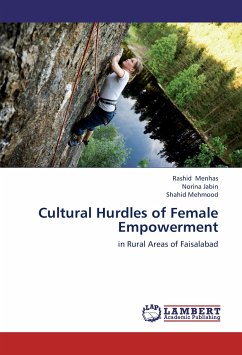
Cultural Hurdles of Female Empowerment
in Rural Areas of Faisalabad
Versandkostenfrei!
Versandfertig in 6-10 Tagen
32,99 €
inkl. MwSt.

PAYBACK Punkte
16 °P sammeln!
Empowerment means the transformation of structures of subordination, through radical changes in law, property rights, control over women's labor and bodies, and the institutions that emphasize and complete male authority. Women constitute 52 percent of the total population in Pakistan and they need to be empowered in a way that they can play a complementary role to make stronger the economy. However, the patriarchal framework of Pakistani society works at all levels to place the feminine in poorer position than men. The women are depriving of their basic rights of education, and they are not p...
Empowerment means the transformation of structures of subordination, through radical changes in law, property rights, control over women's labor and bodies, and the institutions that emphasize and complete male authority. Women constitute 52 percent of the total population in Pakistan and they need to be empowered in a way that they can play a complementary role to make stronger the economy. However, the patriarchal framework of Pakistani society works at all levels to place the feminine in poorer position than men. The women are depriving of their basic rights of education, and they are not provided employment, health and decision-making authorities as men have. The status of women in Pakistan is not homogeneous because of the interconnection of gender with other forms of exclusion in the society. There is considerable diversity in the status of women across classes, regions, and the rural/urban divide due to irregular socioeconomic development.



